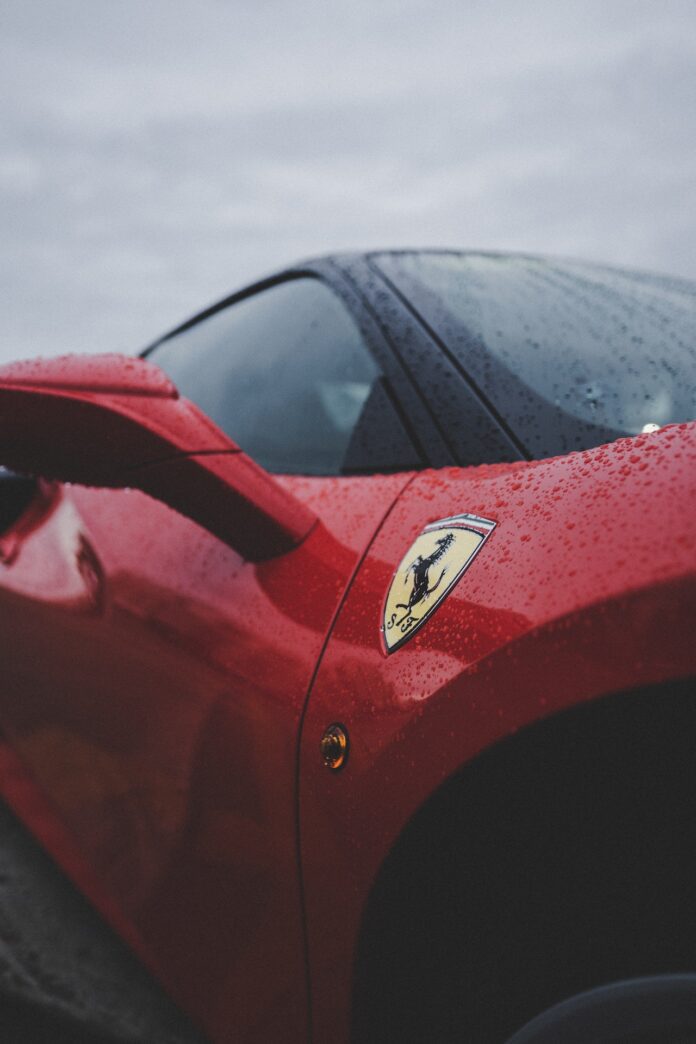Car colours often reflect the owner’s personality. Conservative buyers are more likely to choose monochromatic vehicles, while more extroverted drivers prefer bright colours. Overall, while car manufacturers offer colours to fit any personality, most drivers prefer time-tested tones.
The popularity of car colours may vary in different countries – hues adored in the US may not necessarily be popular in Germany, Spain, or Mexico. And in general, car colour trends are not static – they change over time as new colours gain the limelight.
Yet car colour isn’t just a matter of style. For example, apparently, red cars are more likely to suffer an accident, which only proves the importance of choosing carefully. carVertical automotive experts have conducted research to find the most popular car colours and their impact on driving safety.
Drivers tend to avoid colourful cars
There are more colourful vehicles in countries with warm climates compared to northern countries. Driving a bright car in Norway, Canada, or Sweden may raise some local eyebrows, but it would be quite normal in California or Italy, where bright colours are a matter of fact.
As a general rule, white cars are more popular in warmer climates, because white reflects sunlight, making these cars less hot to drive.
As this recent study reveals, white is the most popular colour in Australia (39.1% of the total vehicle fleet) and the EU (26.8%). Australians also adore silver (15.9%) and grey cars (14%). Europeans prefer grey even more (25.9%), followed by black vehicles (24.5%).
A similar percentage of black vehicles can also be found in the US (24.7%). However, they also like white (20.9%) and silver (17.3%) cars.
“71% of cars checked on our platform were monochromatic – black, white, grey, or silver. This only proves that people are quite conservative when it comes to buying vehicles”, says Matas Buzelis, automotive expert and the Head of Communications at carVertical.
Car colour trends change
In the last 20 years, there have been significant changes in car colour trends. 42% of cars manufactured in 2002 and checked on mentioned car history platform were grey or silver. Meanwhile, although white is one of the most popular colours at the moment, there were basically no white vehicles in 2002.
Fast forward to now, things are completely different. Out of all the cars made in 2020 that were checked, 26% were grey and 18% – white.
The share of black cars between 2002 and 2020 has remained more or less similar. Sometimes, colour trends last only a few years. For example, the number of brown cars grew between 2012 and 2014 but then it started to plummet in upcoming years.
Which car colours are the safest to drive?
According to research, vehicle colour does have an impact on the probability of suffering an accident. 60% of red cars checked on the platform have been in accidents, making it the most dangerous colour to drive.
Brown (59%) and black (57%) are also car colours that end up in accidents more than others, followed by yellow (55%), blue (54%), white (50%), and grey (50%). While the differences among used cars are not significant, the research suggests that vehicles in particular colours are less accident-prone.
“It’s no surprise that red cars are more likely to be involved in accidents. Sports cars are usually painted red, and speed enthusiasts are keener to go for red cars than conservative drivers. That is enough to presume why red cars are on the top of this particular list”, explains M. Buzelis.
Car manufacturers have introduced a lot of bright colours in recent decades. However, it doesn’t seem that grey, white, or black will lose their popularity any time soon.
Help keep news FREE for our readers
Supporting your local community newspaper/online news outlet is crucial now more than ever. If you believe in independent journalism, then consider making a valuable contribution by making a one-time or monthly donation. We operate in rural areas where providing unbiased news can be challenging. Read More About Supporting The West Wales Chronicle























